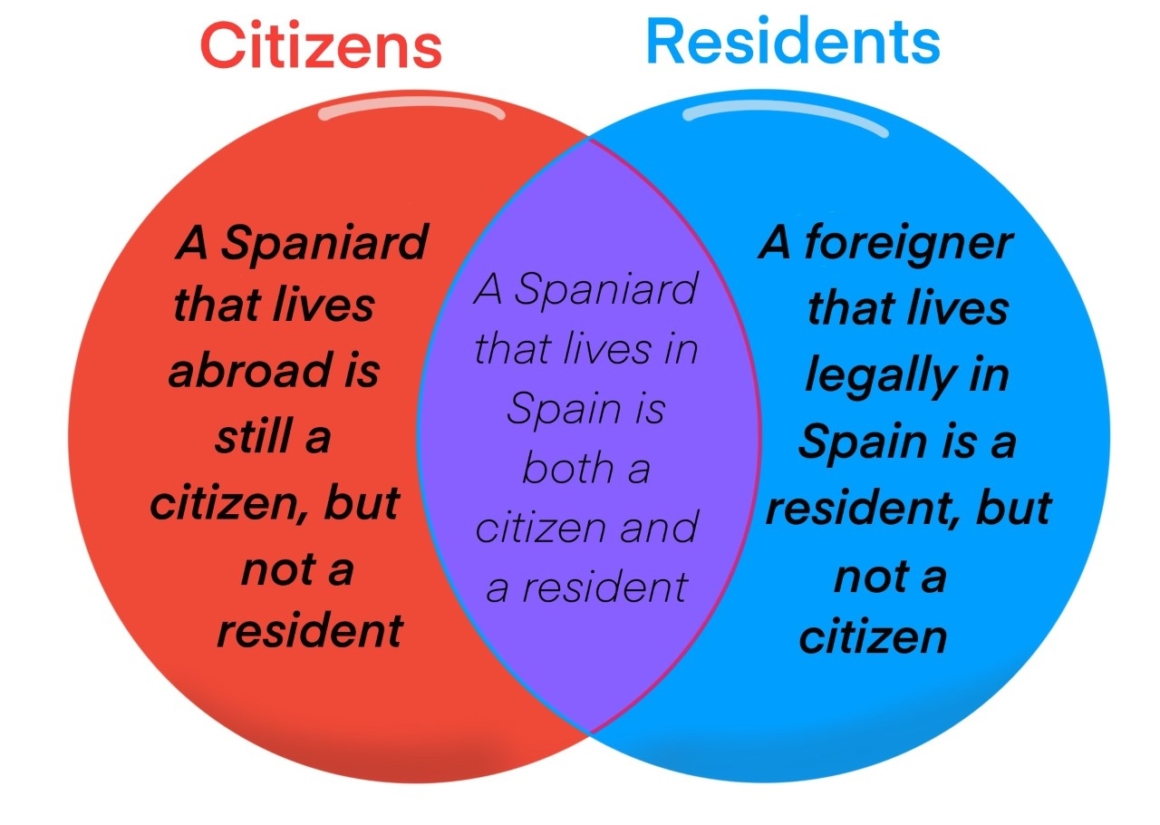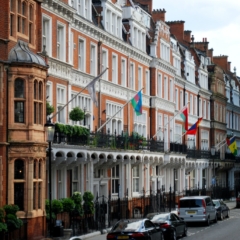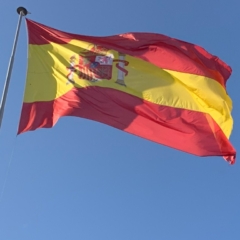Citizenship and residency explained

Citizenship and residency are often used as synonyms but are two fundamentally different status. It is worth clarifying their differences, so that you know what you are getting if you apply for one of them and what you can expect from each:
Citizenship
Citizenship is basically the same as nationality; it is where you are from according to your documents. If you have a passport from a country you are a citizen of that country, i.e. you have that country’s citizenship (except for diplomatic passports, because these can be extensive to spouses regardless of their nationality). The oposite of a citizen is a foreigner.
Citizenship can be obtained from birth or later in life, through naturalization, and there are practical differences between these two ways of getting a nationality as well.
Nationality from birth
Most countries grant nationality from birth either if a baby is born on their territory or if a baby is born from at least one parent of that same nationality.
The first way, associated to a country’s territory, is referred to as jus soli – latin for ‘right from land’. the second, related to the parents, is called jus sanguinis – latin for ‘right from blood’.
Some countries, such as Brazil and USA, grant their nationality through both jus soli and jus sanguinis; most countries in Europe accept just jus sanguinis, and Russia accepts just jus soli. For countries that accept both ways, there are no differences in rights depending on which jus gave the nationality.
This leads to a few situations in which some people can have multiple nationalities from birth, while others may have none. For example, a kid of European parents born in Russia would have two nationalities, but a kid of Russian parents born in Europe would have none. If the parents of a kid are themselves bearers of multiple citizenships transfearable by blood, a kid can have even more than four nationalities by birth.
In today’s world, where people move around more than any time before (and even more within the EU zone), marriage between people from different nationalities happen more than ever, birthing binational kids; in the future, these kids can, themselves, give two nationalities to their offspring, and so on. Can you imagine? Sometime in the future, having 8 or so nationalities may become common! 🙂 Like John Lennon beautifully said, Imagine all the people / Sharing all the world…
Nationality from naturalization
Nationality from naturalization can be obtained later in life depending on the rules of each nation. Some countries extend their nationality through marriage to the partner of a citizen, some through investments and, in the most common case, through long-term legal residency in their territory. In every case, national status has to be requested (it is never automatic) and other requirements may need to be fulfilled, such a clean criminal record and/or proof of language proficiency.
Differences between nationality from birth and from naturalization
It is up to each country to define if there are differences between their citizens based on what kind of citizenship they have – either from birth or from naturalization. Countries usually do differentiate. In some places, only citizens from birth can be elected or can become diplomats; there can be differences in how to lose the nationality too – Brazil states that a convicted criminal naturalized Brazilian can lose his/her Brazilian nationality, but not if he/she is a Brazilian from birth.
Some countries allow their citizens to have only their nationality and no other… nationality obtained through naturalization. You see, multiple nationalities obtained by birth are always (as far as I know) allowed. But some countries do reserve themselves the right to remove one’s citizenship (from birth or not) if that person acquires a new nationality through naturalization.
A way to get EU nationality – consequence of jus soli
The fact that countries in Europe tend to give nationality by blood also creates the situation where many descendants of Europeans can claim their ancestor’s nationality without ever having been to the ancestor’s country and without any meaningful connection to it. Nowadays, Ireland descents can get Irish nationality as a way to get an EU nationality and therefore, be able to move to Spain as an EU national, without the need of a visa. It is completely legal.
Due to the diasporas that happened in the beginning of the 20th century, related to the World Wars and to the Civil War in Spain, a similar situation happens to descendants of Italians, Portuguese, and Spanish, many of which live in Latin America.
Portugal gives its nationality to children and grandchildren of Portuguese nationals – eventhough it is considered from birth for kids, and from naturalization for grandkids. Spain recently aproved a law that extends the rights to grandchildren in some situations, as you can read in this article from El País from Argentina (in Spanish) or directly in the Spanish law – Ley de memoria democrática.
Therefore, check your family tree – you may not need a visa after all…
Residency
Residency is less than nationality. A resident of a country is someone that lives legally in that country and pays their taxes there. The important thing is more where one pays taxes than where one lives. Just living legally in a country doesn’t make one a resident there; diplomats, for instance, pay taxes to the country for which they work and are not considered residents of the country where they work and live. I lived in Estonia for 6 years but was never a resident there; I was legally a resident of Brazil throughout all that time. The same while I was in the US – me and Hubby lived in the same house but where residents of different countries!
A resident can be either a national (someone that holds citizenship of that country) or a foreigner with the proper documentation. This documentation can be either a temporary or a permanent residence card.
Residents, be them citizens or foreigners, are supposed to pay income taxes to the country where they live. They generally have access to the services provided by the local government, because they are taxpayers. So residents in Spain have access to medical services and public schools for free, regardless of their nationality. Voting, though, is a different story: EU citizens living in Spain can vote on local elections, provided they obtain the required documentation to do so, but other foreigners residents cannot.
Temporary and permanent residence permits
A foreigner that fulfills the requisites for residency in Spain, and that requests and obtains it, will get a temporary resident permit, valid for up to 5 years. Only when the temporary permit is close to expire can said foreginer apply again, this time for a permanent residence permit.
The Spanish authorities are likely to check the criminal background of said foreigner in Spain and based on their evaluation, either grant or deny one’s request for permanent residence. If granted, this foreigner continues to be a foreigner (not a citizen!) but has permission to live indefinetely in Spain.
Differences between citizens and residents
Residence permits can expire, can be renewed and are often subject to fulfilling some condition (often related to work, study, family, and presence in the country). Nationality does not expire. One can become a national of Spain through naturalization, but one of the requirements for that is to be a resident of Spain for a number of years. In short:

Just being married to a citizen does not gives either citizenship or residence rights automatically; one still has to make the request and fulfill other requirements to gain either. The marriage does qualify to live in the EU, provided that the necessary documentation is obtained, but it is just not automatic.
For residence permit, usually the requirement would be just to get documents (TIE or greencard, in Spain) done while legally in the country; for citizenship, Spain would require 10 years of legal residency (2 if the person requesting comes from an Ibero-american country; 1 year only if married to a Spanish partner) and a test about Spanish culture, done in Spanish, among other demands.
Conclusion
If the goal is to live in Spain, either a residence permit or a naturalization would do. The residence is simpler to be obtained, but it is also a bit more limited than the nationality. I hope the differences between them are a bit more clear now; we talk more about the process of obtaining each in their respective posts – nationality and residence. Good luck on your pursuit!









Hello! Someone in my Facebook group shared this website with us, so I came to give it a look. I’m enjoying the information. I’m bookmarking and will be tweeting this to my followers! Wonderful blog and amazing design and style.
Thank you!